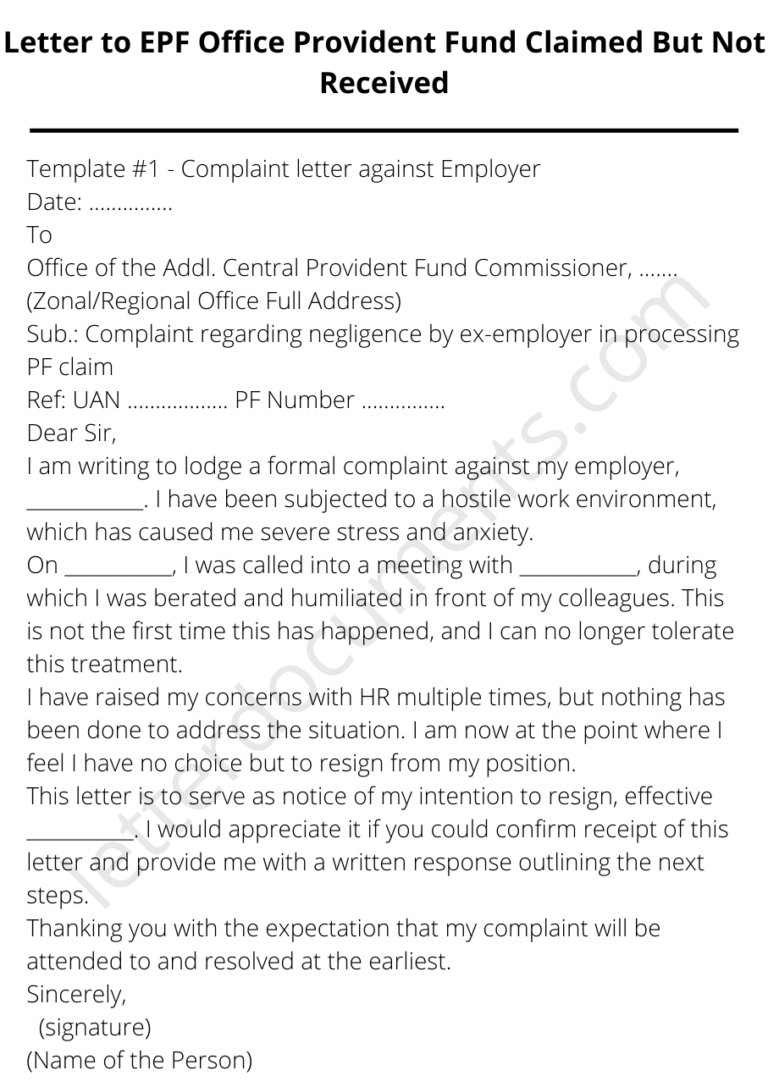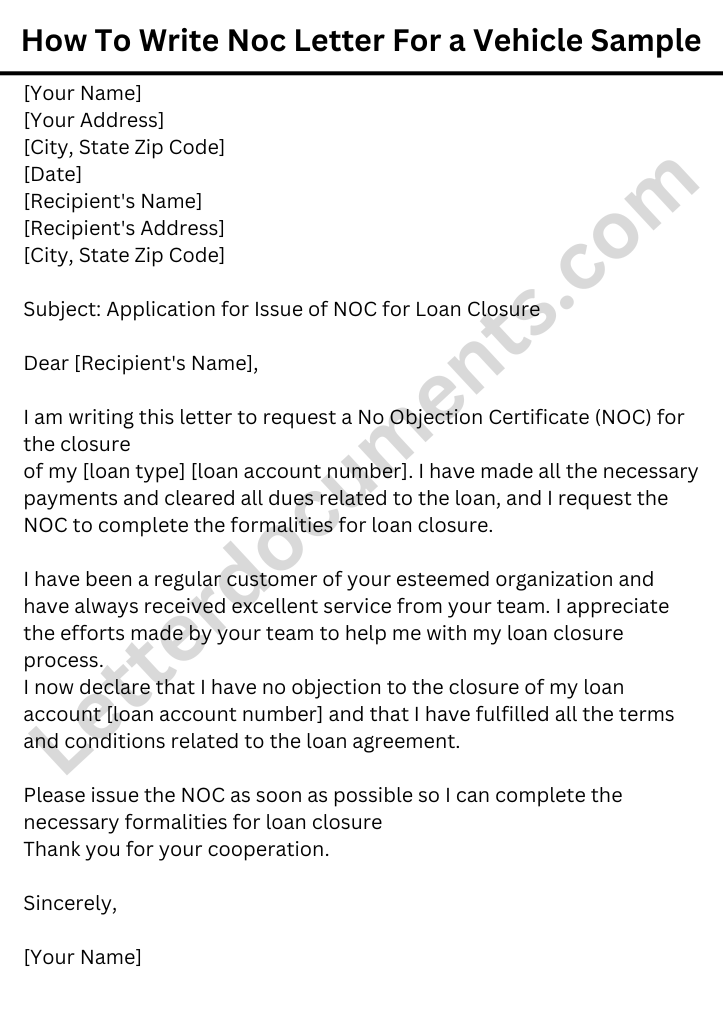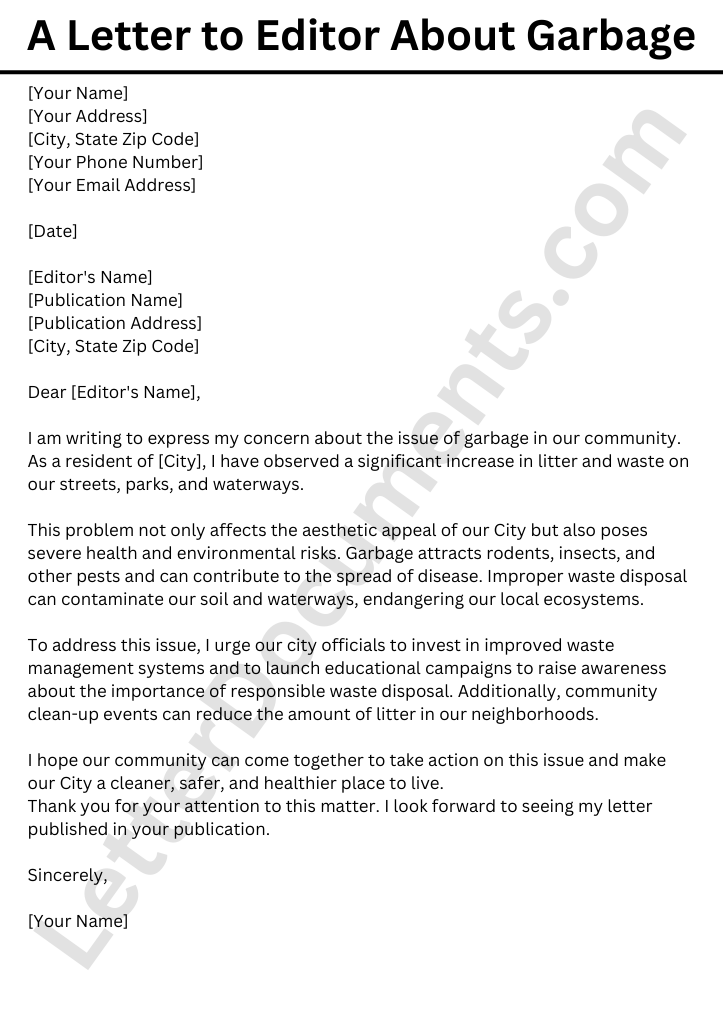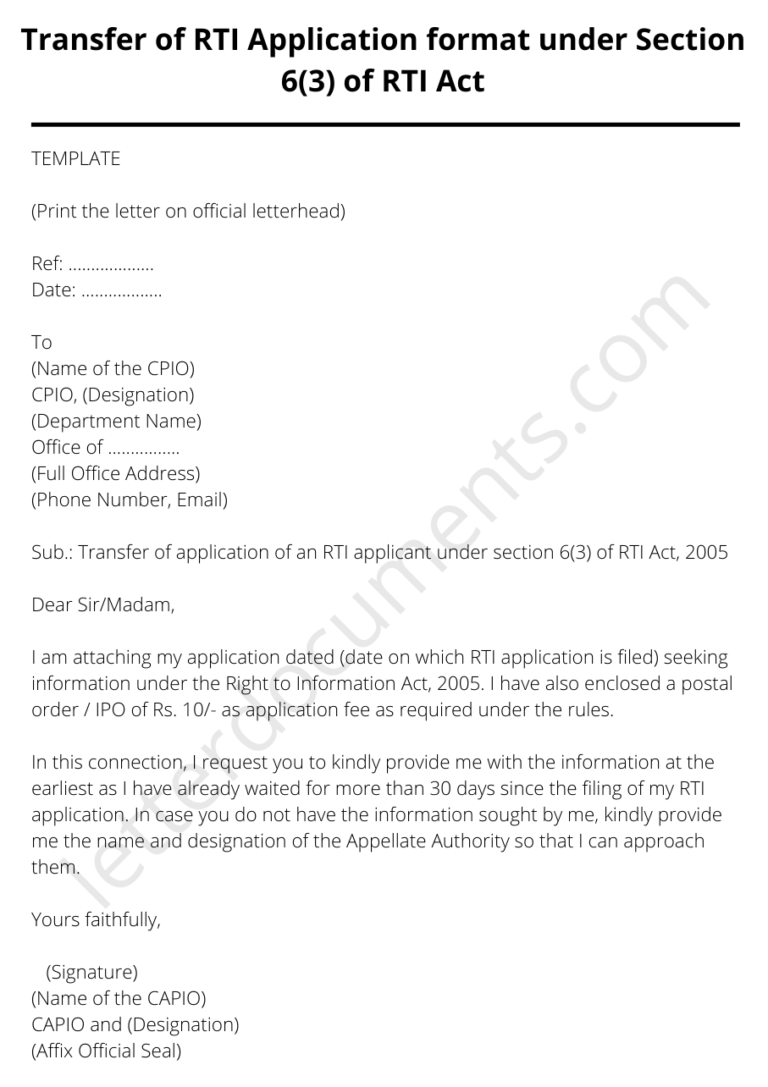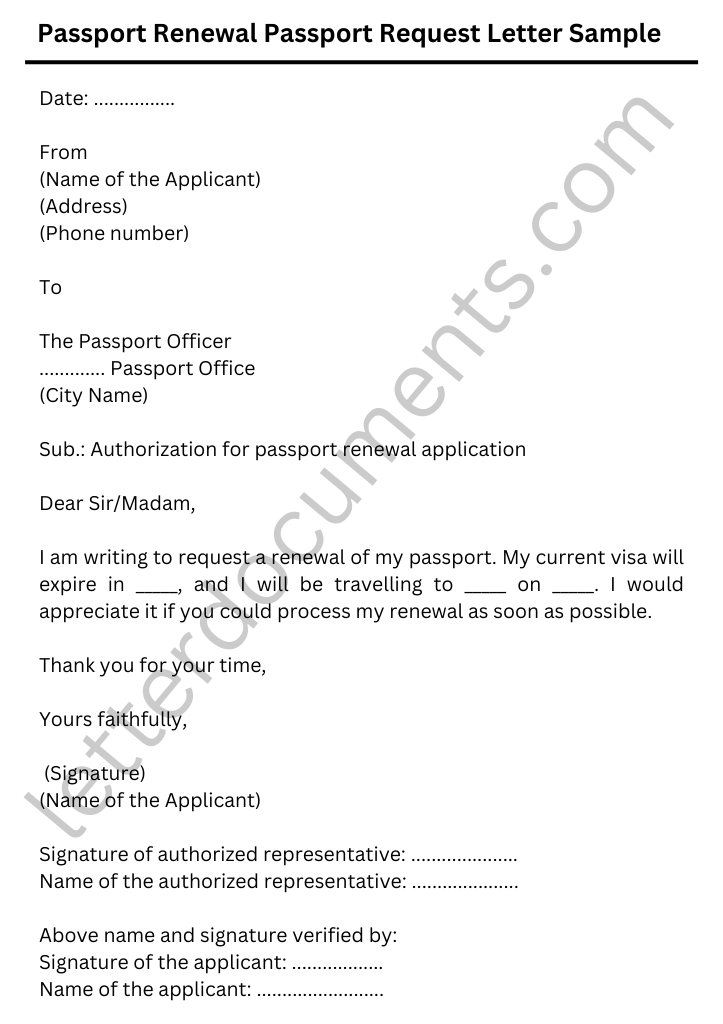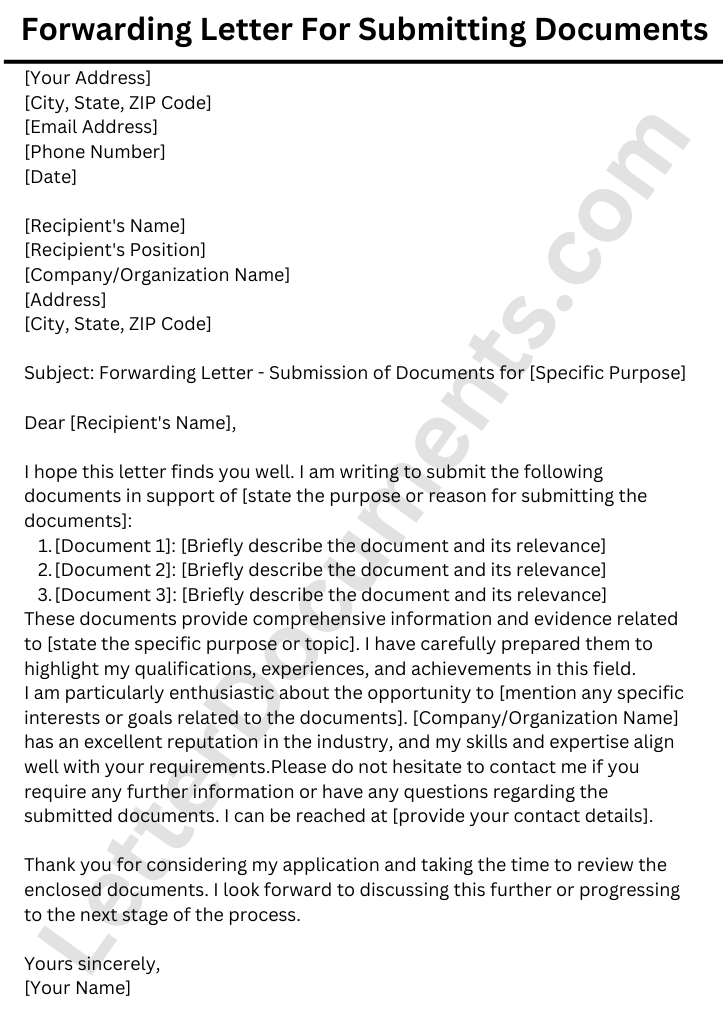Letter to Municipal Corporation about Street Vendors in Locality
The Municipal Corporation of Delhi (MCD) is the local government body that governs 8 of the 11 Districts in the state of Delhi, India. It consists of three statutory urban regional bodies: the Municipal Corporation of Delhi (MCD), the New Delhi Municipal Council (NDMC) and the Cantonment Board. The MCD was created under an act passed by the Government of India in 1957, effective from 7 April 1958.
The Corporation manages a large part of Delhi through its departments: Sanitation, Engineering, Health, Solid Waste Management etc.
The Street Vendors (Protection of Livelihood and Regulation of Street Vending) Act 2014 was enacted to provide legal protection and regulation of street vending in India. The Act recognizes the right of street vendors to livelihood and prohibits eviction of street vendors from public places without due process of law.
The Municipal Corporation is responsible for providing basic infrastructure facilities like water supply, sewerage, conservancy, roads, streets, Footpaths, Street lighting, etc., to the general public. The MCD is also responsible for health and sanitation in their area of jurisdiction. The Municipal Corporation has been taking various measures to the improvement of health and sanitation conditions in Delhi. Some of these measures are:
- Construction of Community Toilets
- Installation of Automatic Street Sweeping Machines
- Laying down of new Sewer lines and rehabilitation of old ones
- Installation of new Water lines and rehabilitation of old ones.
- Widening and improvement of roads and streets.
- Improvement of the Street lighting system.
- Plantation drives
- Door-to-door garbage collection
- Construction of drains
- Removal of Encroachments from Roads/Streets/Footpaths etc.
- Carrying out regular cleanliness drives in slum areas, markets etc.
- campaign against open defecation etc.
The Municipal Corporation is also responsible for providing essential services like birth and death registration, marriage registration, property tax assessment and collection, water charges assessment and collection etc.
Writing a well-crafted letter to the municipal corporation is essential to addressing concerns, requesting assistance, or expressing your opinions as a responsible citizen. Municipal corporations play a crucial role in maintaining and improving the overall functioning of cities and towns. To ensure your letter receives the attention it deserves, we have compiled this comprehensive guide, outlining key elements, practical strategies, and sample formats to help you draft an impactful letter. By following these guidelines, you can increase the chances of the municipal corporation noticing, considering, and acting upon your letter.
Understanding the Purpose and Importance
Before diving into the specifics of writing a letter to the municipal corporation, it’s essential to understand the purpose and significance behind such correspondence. The municipal corporation is responsible for many public services, including infrastructure development, waste management, water supply, public safety, and more. By addressing your concerns or suggestions directly to the municipal corporation, you are engaging in the democratic process and actively shaping your community.
Critical Elements of an Effective Letter
To ensure your letter effectively communicates your message and leaves a lasting impact, it should contain the following key elements:
1. Clear and Concise Introduction
Begin your letter with a clear and concise introduction that clearly states the purpose of your correspondence. Identify the issue or topic you wish to address, ensuring the reader understands your intentions.
2. Detailed Description of the Issue
Provide a comprehensive and detailed description of the issue at hand. Include relevant facts, figures, and supporting evidence to substantiate your claims. The more specific and detailed you are, the easier for the municipal corporation to understand the problem and take appropriate action.
3. Offer Solutions or Suggestions
Alongside highlighting the issue, proposing potential solutions or suggestions is equally essential. By providing practical and well-thought-out recommendations, you demonstrate your willingness to collaborate and contribute to the betterment of your community. Remember to provide feasible and actionable ideas that the municipal corporation can implement.
4. Personalized Impact Statement
Describe the issue’s potential impact on you personally or the community as a whole. Sharing personal experiences or illustrating the broader consequences helps create an emotional connection and adds weight to your argument. Highlighting the relevance and urgency of the matter can significantly increase the likelihood of your letter receiving attention.
5.
Request for Action
Clearly state the action or response you expect from the municipal corporation. Be explicit about your expectations, whether it’s a request for investigation, immediate resolution, or a plan of action. This ensures clarity and leaves no room for ambiguity, increasing the likelihood of a prompt and appropriate response.
TEMPLATE
(Letter to Municipal Corporation complaining about the street vendors in your locality)
Date: ___________
To
The Municipal Commissioner
___________ Municipality
(Address)
Sub.: Complaint against the street vendors for creating an unhygienic atmosphere
Dear Sir/Madam,
I am writing this letter to bring to your notice the growing problem of street vendors in our locality creating an unhygienic atmosphere. These vendors set up their stalls on the footpaths and roadsides and sell their wares unorganized and haphazardly. This results in litter and garbage being strewn around, which not only creates an eyesore but is also a health hazard.
The situation is terrible in areas with heavy footfall, such as marketplaces and busy streets. The vendors often infringe on the footpaths, leaving little space for pedestrians to walk. This leads to pedestrians walking on the road, exposing them to the risk of being hit by vehicles.
I would request you to take necessary action to regulate the street vendors and prevent them from creating such a nuisance.
Thanking you,
Yours faithfully,
(Signature)
(Name of the Complainant)
Conclusion
Writing an effective letter to the municipal corporation is a powerful way to voice your concerns, offer suggestions, and contribute to improving your community. By incorporating the key elements discussed in this guide, such as a clear introduction, detailed issue description, proposed solutions, personalized impact statement, and a specific request for action, you can enhance the effectiveness and impact of your letter.
Remember, when drafting your letter, be concise, factual, and respectful in your tone. Provide supporting evidence, if available, to strengthen your argument and demonstrate the importance of the matter. Tailor your letter to your community’s specific needs and address the relevant municipal corporation department or official.
By following these guidelines and utilizing the sample letter format provided, you can create a well-structured and compelling letter that stands out and increases the likelihood of your concerns being addressed by the municipal corporation.
Remember, every letter counts, and your active participation in the democratic process can contribute to positive change in your community. Take the initiative, express your thoughts, and make a difference through a well-crafted letter to the municipal corporation.
If you have any questions or need further assistance, please get in touch with us. Together, we can work towards building more robust, more vibrant communities.

